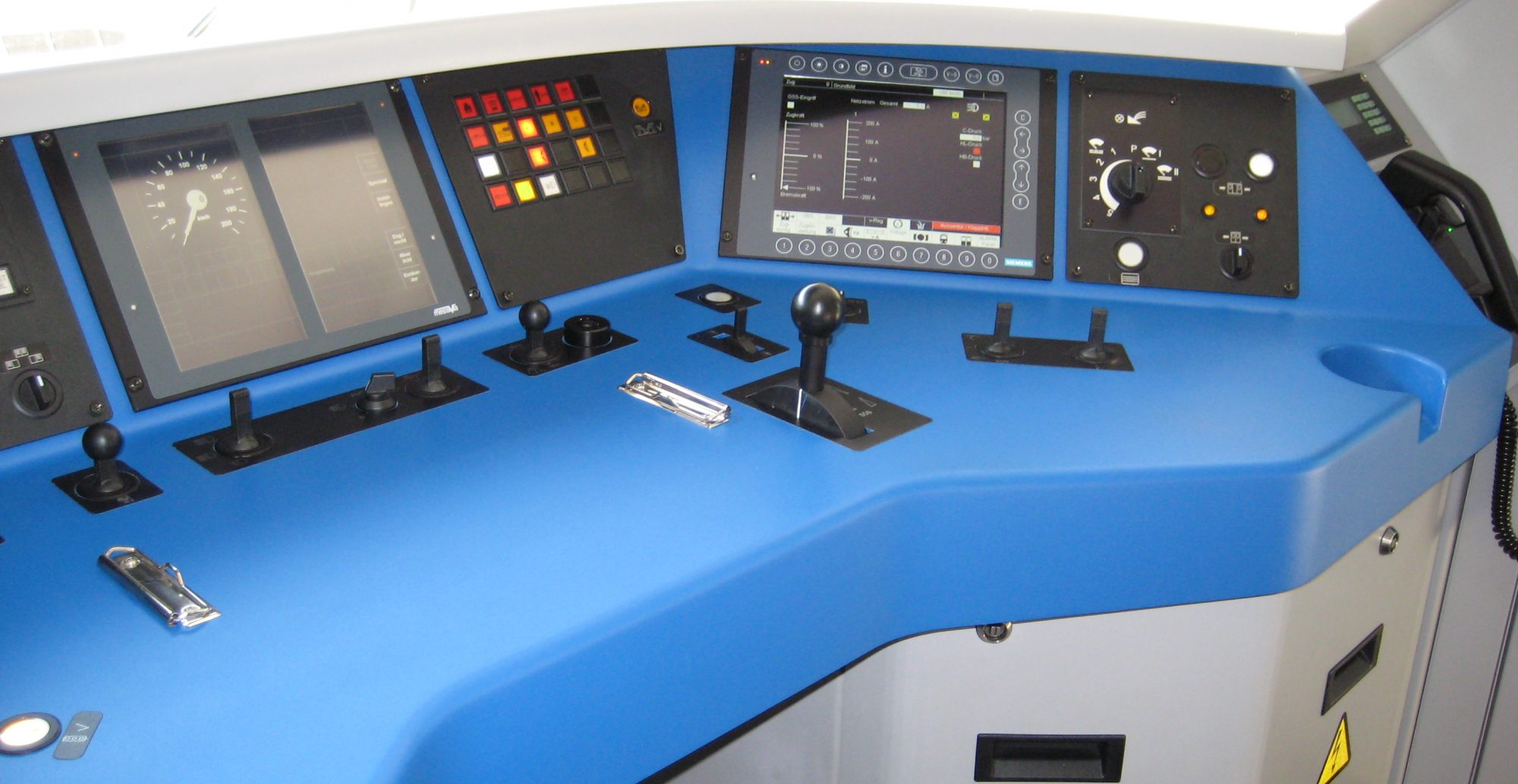Have you ever had trouble explaining to people what your job was? If so, you might be a System Engineer.
Granted, most people outside of a few disciplines have never heard of a System Engineer, so it is not surprising that they don’t know what one does. The problem is, there really isn’t an easily distilled set of responsibilities that can be captured in a few words or a couple of sentences for Systems Engineering. A Civil Engineer at a party can always explain that they “design bridges” (or “targets”, as one of my Aerospace Engineering roommates in college would say.) And in just a few words, even an Underwater Basket Weaving major has a pretty good idea what the Civil Engineer does. The same goes for Electrical Engineers (computers), Software Engineers (smartphone apps), Mechanical Engineers (lawn mowers), and even Biomedical Engineers (the Six Million Dollar Man). While my listing is somewhat farcical, it illustrates that most people can relate to what those engineering disciplines create, even if it is at a superficial level.
This is not the case for System Engineers. If you Google “System Engineering”, you get IT System Engineers (not what I’m talking about) and a bunch of circular definitions that use the term System to define System Engineering. (By the way, a circular definition is a definition that is circular. Helpful, no?)
Wikipedia says “Systems engineering is an interdisciplinary field of engineering and engineering management that focuses on how to design and manage complex systems over their life cycles. At its core, systems engineering utilizes systems thinking principles to organize this body of knowledge. The individual outcome of such efforts, an engineered system, can be defined as a combination of components that work in synergy to collectively perform a useful function.” Well, OK, but if I’m at a party and someone uses the term “synergy”, that is my que to extract myself to go get another libation. And it still uses “complex systems”, “systems thinking principles”, and “engineered system” in the definition – does anyone know what these are?
At the heart of it, System Engineers take customer needs and translate them into solutions. This typically involves:
- Architecting solutions from component products to meet a higher-level goal or requirement.
- Develop, derive, and manage requirements for technical solutions that meet the goals and objectives of a product or project.
- Provide direction for product development to better meet business needs such as cost reduction, time to market, reuse, and/or customer satisfaction.
- Understand and apply standards, norms, and regulations to project deliverables and equipment.
- Apply RAMS (Reliability, Availability, Maintainability, and Safety) requirements to project deliverables and equipment.
- Perform advance proof-of-concept studies for project risk reduction.
- Participate in Verification and Validation activities.
Having been a system engineer for part of my career, I usually just said that “we figure out what something should do and then tell the other engineers what is needed to make the things do what they should.” So, basically, we’re the megalomaniacs of the engineering world, depending upon the practitioners of other engineering disciplines to figure out the details. I’m convinced that Heinz Doofenshmirtz probably was a System Engineer at some point in his career, prior to his campaign to assert his systems thinking principles across the entire Tri-State Area. And why not, having that kind of power can be corrupting, if only it wasn’t so hard to explain at parties.
Stay tuned….
